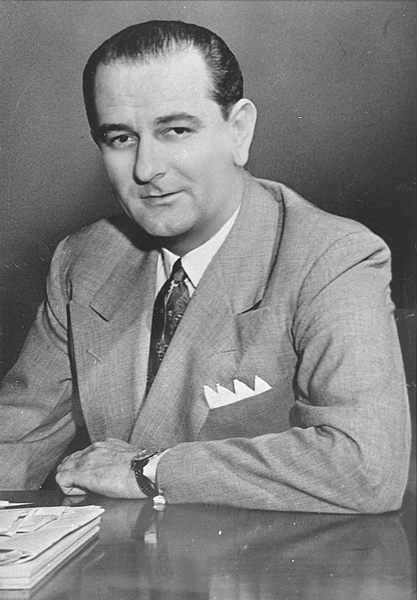
In deference to President Trump’s wishes, House Republicans have tacked onto the end of their 429-page tax bill what is being denounced by the left as a revocation of the so-called Johnson Amendment, the provision of the tax code that bars non-profits from participating in partisan political campaigns.
“Scrapping the Johnson Amendment would undermine both church-state separation and religious freedom. It would also undermine our democratic system, which is already awash in unaccountable, undisclosed dark money,” said Interfaith Alliance president Rabbi Jack Moline.
Chill, rabbi. The provision represents at most a minor concession.
The Johnson Amendment denies tax exemptions to non-profits that “participate in, or intervene in (including the publishing or distributing of statements), any political campaign on behalf of (or in opposition to) any candidate for public office.” (26 U.S. Code § 501 (c) 3)
The GOP proposal would provide a limited exemption for religious institutions, in a way that has been done, for example, in exempting them from reporting obligations imposed on other non-profits, under 508(c)(1)(a) of the tax code. The proposed exemption says there could be no violation of the Johnson Amendment
solely because of the content of any homily, sermon, teaching, dialectic, or other presentation made during religious services or gatherings, but only if the preparation and presentation of such content–
(A) is in the ordinary course of the organization’s regular and customary activities in carrying out its exempt purpose, and
(B) results in the organization incurring not more than de minimis incremental expenses.
The idea, in other words, is to permit pastors to give a sermon that endorses, say, Donald Trump for reelection. But organizing phone banks or door-to-door canvasing, or taking out ads or publishing materials on a candidate’s behalf would still fall within the ambit of the Johnson Amendment.
That pastoral endorsements of candidates — direct and indirect — have been going on for a long time nobody should doubt. And they’ve been going on not only on behalf of Republicans in conservative evangelical churches but also in black churches, where Sunday visits by Democrats running for office are normal and customary.
The IRS has never bothered with endorsements of this sort. To the extent that it has concerned itself with Johnson Amendment violations, it’s been with those activities that would continue to be disallowed.
At the National Prayer Breakfast in February, Trump promised to “totally destroy” the Johnson Amendment. The House bill’s provision does nothing of the sort. It amends the Amendment. Slightly.






